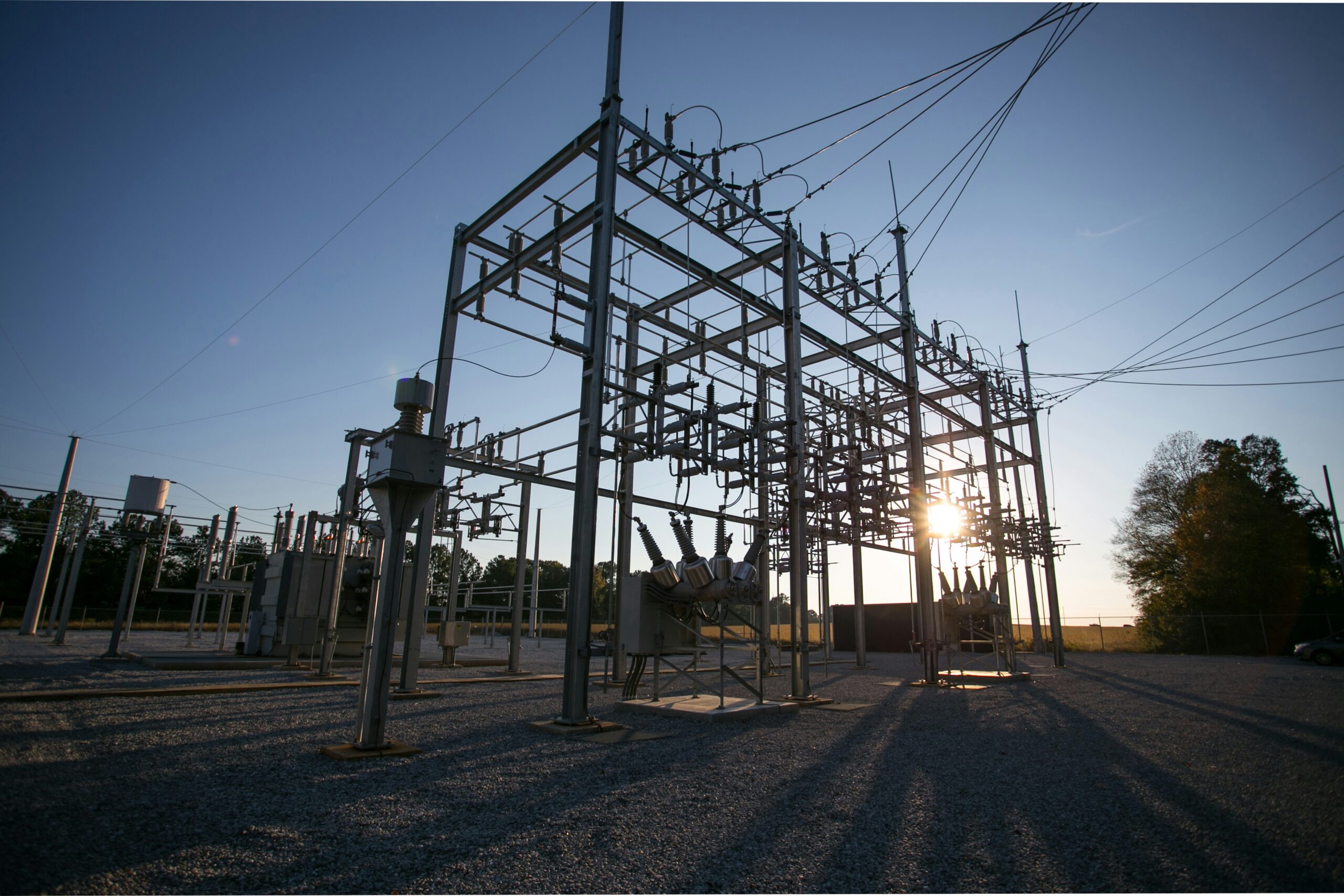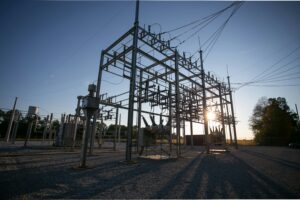NEW YORK – As part of International Fraud Awareness Week starting November 17, Con Edison is joining forces with more than 150 U.S. and Canadian energy and water companies to help protect consumers from fraud. The campaign is spearheaded by Utilities United Against Scams, with November 20 recognized as Utility Scam Awareness Day.
Con Edison is urging customers to stay vigilant and learn to identify the tactics scammers use to pose as company employees. Scammers often demand personal information, and create a sense of urgency to trick their targets.
“As scammers become more sophisticated, we want our customers to know they can protect themselves,” said Michael Murphy, Con Edison’s vice president of Customer Operations. “If a customer feels pressured to share personal details, the best response is to stay calm, recognize that they are being scammed, and refuse to engage.”
Here are signs that the person contacting a Con Edison customer is a scammer:
- Scammers call customers and instruct them to buy a pre-paid card. Once the customer puts money on the card and provides the scammer with the card number, the scammer steals the money. Con Edison does not accept payment by pre-paid debit cards, MoneyGram or similar transfers.
- Scammers contact customers and demand payment via apps like Cash App, Venmo and Zelle. Con Edison does not support these platforms for payment. The company also does not accept payment via PayPal or bitcoin.
- Many scammers try to get customers to give up their Con Edison account number, Social Security number or other personal information. The customer should hang up and call 1-800-75-CONED or the local police department.
Phone scammers can manipulate caller ID to make it look like the call is coming from a legitimate Con Edison number.
Once a customer makes a payment, scammers often claim the transaction failed and demand additional payments, leading some victims to lose thousands of dollars.
To avoid these scams, customers should always use the approved bill payment options available on Con Edison’s website.
Some utilities have reported an increase in utility impostor scams through digital methods, including search engine-related scams. Digital scam tactics include:
- Sponsored ads on search engines that lead to an identical – but fake – utility bill payment page.
- QR codes that scammers falsely claim link to a utility payment page.
- Texts from a scammer claiming to be a utility representative, with a link to an impostor payment page.
Con Edison is a subsidiary of Consolidated Edison, Inc. [NYSE: ED], one of the nation’s largest investor-owned energy companies, with approximately $15 billion in annual revenues for the year-end 2023 and $69 billion in assets as of September 30, 2024. The utility delivers electricity, natural gas, and steam, and serves 3.7 million customers in New York City and Westchester County. For financial, operations, and customer service information, visit conEd.com.





Be First to Comment